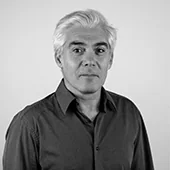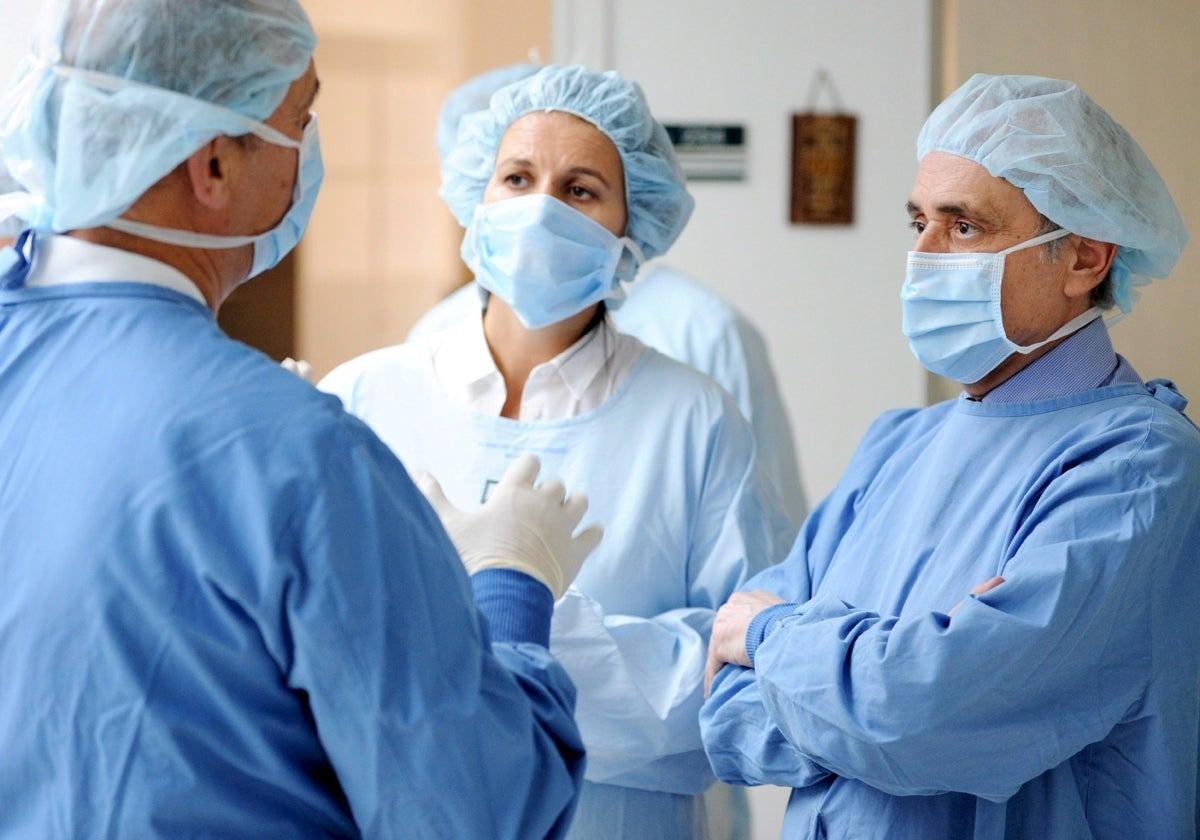Spain doubles the average European rate of donor bone marrow transplants
The national donor register also exceeded half a million volunteers last year, making it one of the largest in the world
Spain has been the world leader in organ transplants for over 30 years and, in the last decade, has also become an international benchmark in bone marrow transplants, the medical treatment deployed to combat a large number of cancers and immunological deficiencies.
Thanks to the success of Spain's national bone marrow plan that was launched 12 years ago by the government's health ministry, the national transplant organisation (ONT), all the regions of Spain, the Carreras Foundation (the tenor singer, Josep Carreras' charity) and several scientific societies, a statewide donor registry has been set up with more than half a million volunteers signed up as donors.
Moreover, the right healthcare structures and health professionals have been set up so that they now perform over 3,800 blood stem cell transplants per year. This is 42% more medical interventions of this kind than were done in 2012, with Navarra, Cantabria and Murcia as the places with the highest rates.
Of these almost 4,000 operations, 2,246 are autologous transplants (the patients have their own blood cells extracted for reimplantation) and some 1,600 are allogeneic transplants (those performed on the basis of donated cells by a third party). This second type of operation is much more complex, as not only are there more possibilities of complications and rejection, but it is also necessary to find a suitable donor. Sometimes that can be a close relative but often, on 748 occasions last year, it is a stranger who has to be found as a match via one of the donor registries around the world.
Spain's healthcare structure has made the country one of the nations capable of carrying out a much greater number of allogeneic bone marrow transplants. Last year the transplant rate was 32.8 for every million inhabitants of Spain, over twice the average rate for other European countries, which currently stands at less than 15 per million.
The growing size of the Spanish donor registry has played a fundamental role in this great capacity to find compatible volunteers. In 2024 the registry added some 30,000 new samples, 27% more than the previous year, so it now exceeds half a million sign-ups. It is the fifth largest volunteer base in Europe and the thirteenth largest in the world. It also has the advantage of having a low average age of donors, 41 years, which provides high quality blood cells, reducing complications and increasing survival rates after the operation.
Umbilical cord storage
There is a second element that also contributes to the large number of allogeneic transplants performed in the country's hospitals. Spain has 61,214 umbilical cord blood units stored, the largest in Europe and the third largest in the world. This therapeutic arsenal made it possible last year to find compatible stem cells to carry out 68 transplants, 14 in Spain and 54 were delivered to hospitals all over the world for this very purpose.
The 3,844 bone marrow transplants performed in 2024 were mainly used to combat different types of leukaemia, which accounted for 35% of the interventions, and multiple myelomas (abnormal proliferation of blood cells) took up 31%. Some 23% applied to Hodgkin and non-Hodgkin lymphomas, solid tumours (4%) and the remaining 7% was for other medical conditions. Just over 300 transplants, 8% of the total, were for children, mainly for the treatment of tumour diseases.

